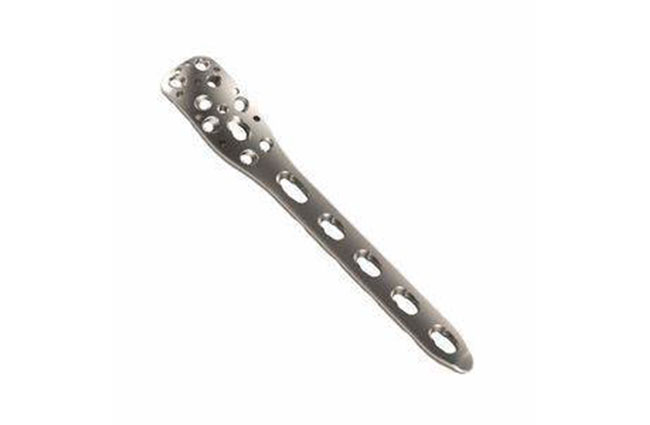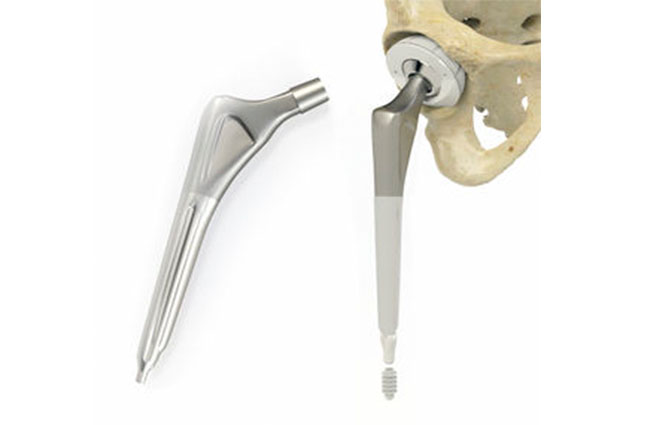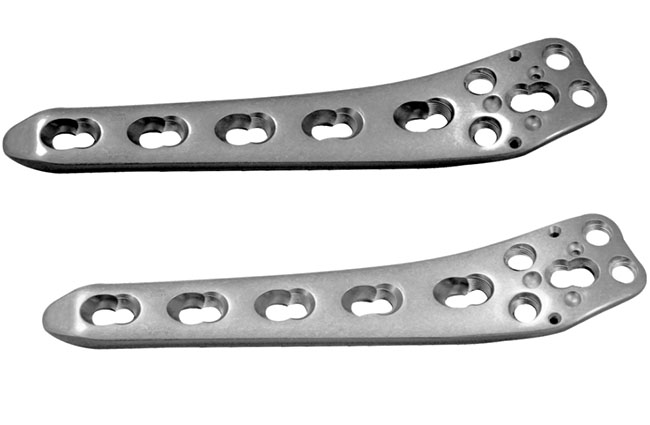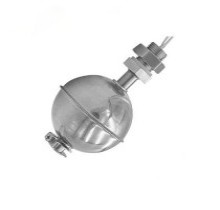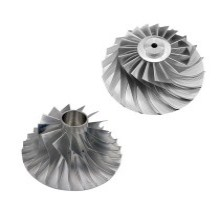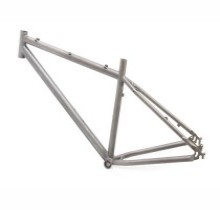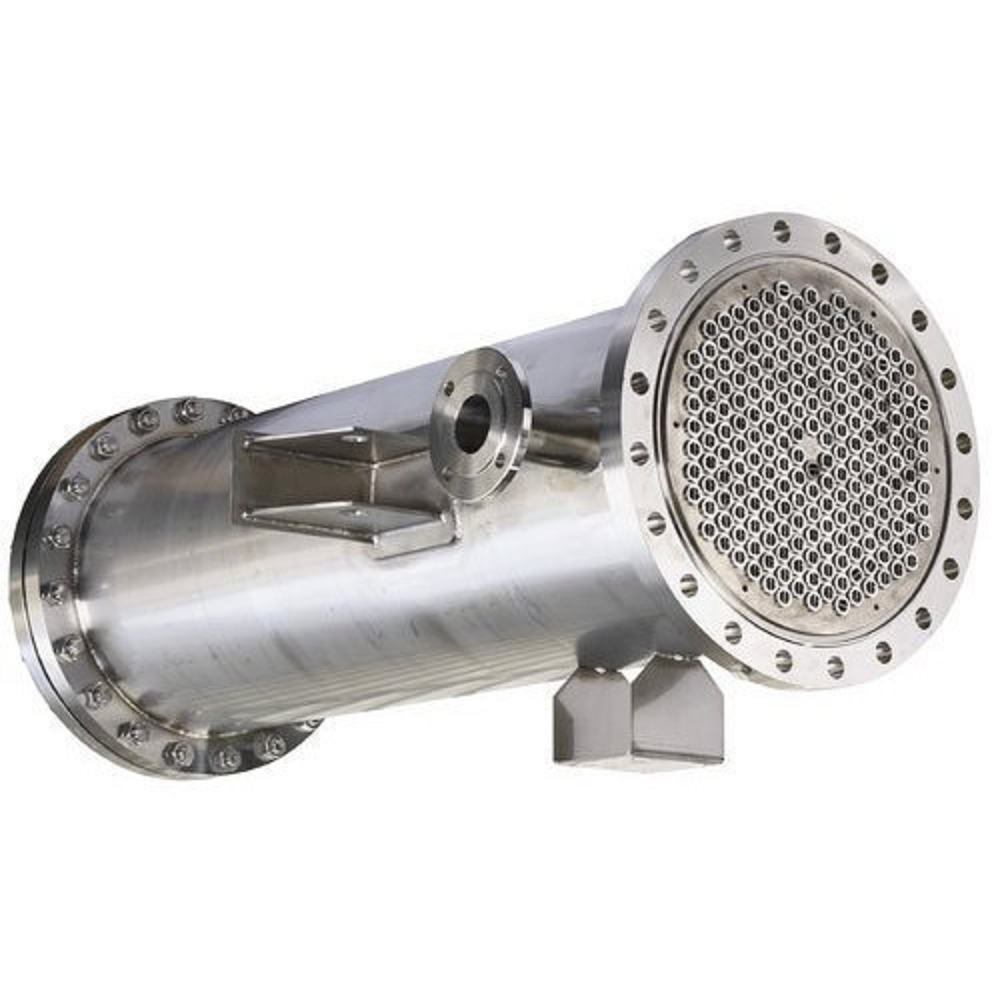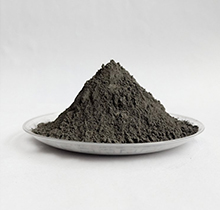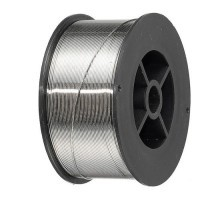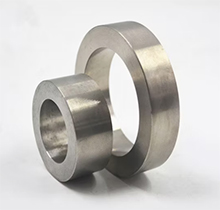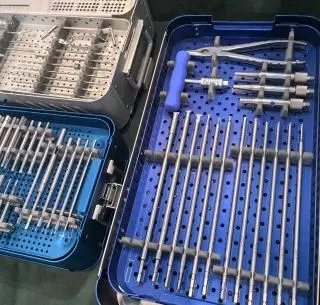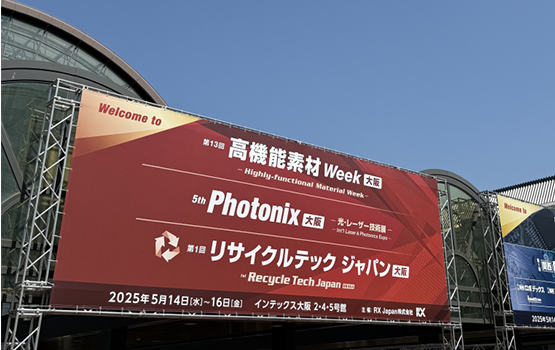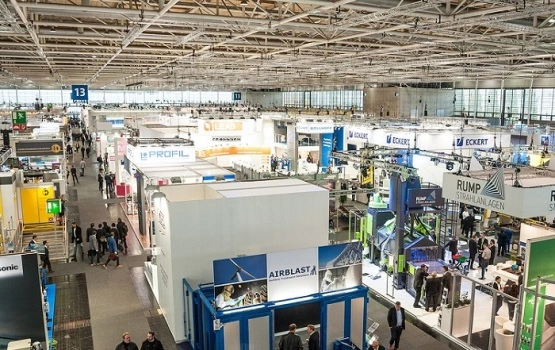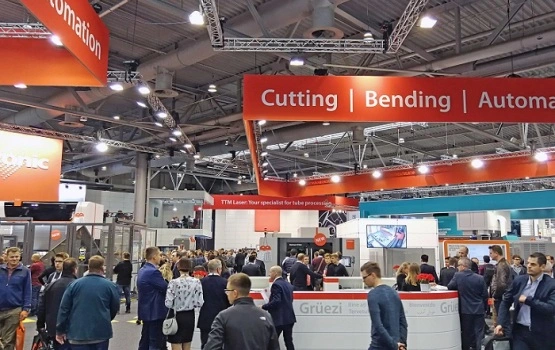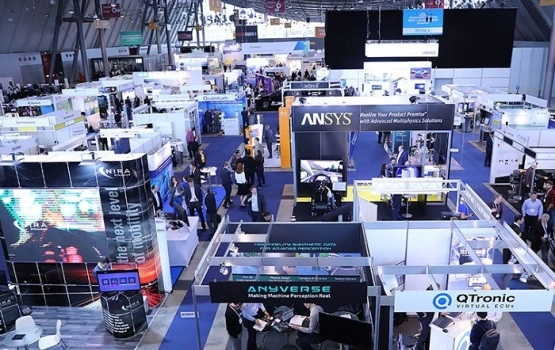Microstructural Mastery for Multifunctional Performance
BYC Ti leverages proprietary powder bed fusion and slurry infiltration techniques to create:
• Open-Cell Lattices: Ideal for gas diffusion and heat exchange, with permeability up to 90% of theoretical maximum
• Gradient Porosity Grids: Transitioning from dense to porous layers for optimized stress distribution
• Anisotropic Structures: Directional pore alignment enhancing specific mechanical properties
Each structure undergoes thermal post-processing to ensure uniform necking between titanium particles, achieving tensile strengths from 80-450MPa while maintaining densities as low as 0.3g/cm³.
Industry Applications: Where Porosity Drives Functionality
Medical Implants & Tissue Engineering
• Osseointegrated Hip Implants: 600μm pores promote bone ingrowth, reducing stress shielding
• Spinal Fusion Cages: Gradient porosity matches vertebral body stiffness for natural load transfer
• Tissue Scaffolds: 3D-printed channels guide vascularization and cell proliferation
Aerospace & Energy
• Heat Exchanger Cores: Interconnected pores enable 300% higher heat transfer than solid titanium
• Satellite Radiators: Lightweight lattice structures dissipate thermal loads in vacuum environments
• Turbine Blade Cooling Channels: Porous internal structures enhance convective cooling efficiency
Environmental & Chemical Processing
• Catalyst Support Structures: High specific surface area (up to 25m²/g) maximizes reaction kinetics
• Water Filtration Modules: Gradient pore sizes trap particulates while minimizing pressure drop
• Gas Separation Membranes: Pore diameters controlled to 50nm for selective molecular passage
Technical Specifications at a Glance
Property | Range | Application Impact |
Porosity | 30-85% | Adjusts weight, permeability, and cell interaction |
Pore Size | 100-1000μm | Optimizes bone ingrowth or fluid flow characteristics |
Compressive Modulus | 1-40GPa | Matches cortical to cancellous bone stiffness |
Surface Roughness | Ra 2-10μm | Enhances protein adsorption for biological applications |
The BYC Ti Engineering Process
1. Digital Design: Custom lattice generation using our in-house TOPO™ software
2. Material Selection: Ti-6Al-4V ELI, Ti-29Nb-13Ta-4.6Zr, or pure Ti based on application
3. Additive Manufacturing: Electron Beam Melting (EBM) or Selective Laser Melting (SLM)
4. Post-Processing: Hot isostatic pressing (HIP) for defect elimination
5. Quality Assurance: Micro-CT scanning to verify pore network uniformity
Certifications & Quality Control
• FDA 510(k) cleared manufacturing processes for medical components
• ASTM F136 compliance for implantable titanium alloys
• In-house CT scanning and mechanical testing labs
• ISO 17025 accredited material characterization facilities
Innovate with Porosity: Contact Us Today
Whether you need a porous structure for biomedical integration, thermal management, or filtration, BYC Ti's expertise bridges design innovation and manufacturing reality. Request a sample kit or schedule a consultation to explore how our titanium porous components can solve your most complex engineering challenges.
 English
English  日本語
日本語  한국어
한국어  Deutsch
Deutsch  русский
русский  العربية
العربية 
